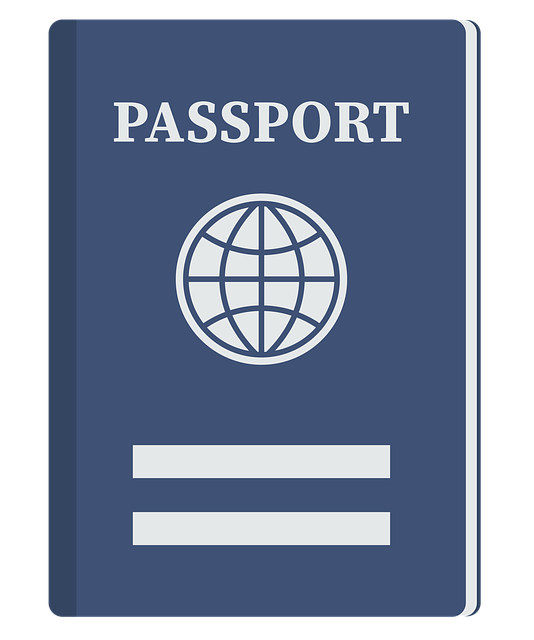Translation services for UK Quality Assurance (QA) documentation play a pivotal role in accurately conveying complex scientific information within regulated industries such as pharmaceuticals and aerospace. Expert translation providers with specialized knowledge are essential to ensure that QA documents meet the stringent requirements of regulatory bodies like the MHRA and CAA, maintaining compliance, safety, and operational integrity across different languages. These services involve collaboration with subject matter experts (SMEs) to handle intricate technical content and nuanced industry-specific terminology, ensuring that translated materials are precise, contextually accurate, and of high quality. By leveraging these specialized translation services, businesses can successfully navigate international markets while upholding the integrity and effectiveness of their QA documentation.
navvigating the complexities of UK Quality Assurance (QA) documentation translation is paramount for businesses aiming to operate within regulated industries. This article delves into the critical aspects of ensuring translations not only convey accurate information but also adhere to stringent industry-specific standards. We explore the pivotal role of translation services in maintaining compliance, address common hurdles faced when localizing QA materials, and present strategies for overcoming these challenges. Furthermore, we highlight the importance of cultural nuances and the impact they have on document translations within the UK context. By examining case studies that exemplify successful translations and their outcomes, businesses can better understand how to select the right service providers to ensure accuracy and compliance in their QA documentation translation efforts.
- Understanding the Importance of QA Documentation in the UK Translation Context
- Key Industry-Specific Standards for QA Documentation in the UK
- The Role of Translation Services in Complying with UK QA Standards
- Common Challenges in Translating QA Documents for the UK Market
- Strategies for Effective Translation of QA Materials in the UK
- Choosing the Right Translation Service Providers for UK QA Documentation
- The Impact of Cultural Nuances on QA Document Translations in the UK
- Ensuring Accuracy and Compliance in QA Document Translation with Certification Bodies
- Case Studies: Successful UK QA Documentation Translations and Their Outcomes
Understanding the Importance of QA Documentation in the UK Translation Context
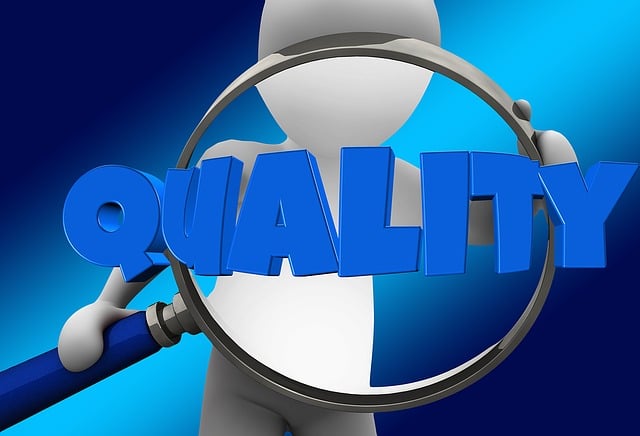
In the context of translation services within the United Kingdom, the integrity and precision of QA documentation are paramount. UK Quality Assurance Documentation serves as a critical component in ensuring that translated content aligns with industry-specific standards and regulatory requirements. This meticulous process involves rigorous checks and validations to guarantee the accuracy, consistency, and reliability of translations across various sectors such as legal, medical, technical, and financial. The role of QA documentation is to provide a systematic approach to quality control, which includes verifying the translation against the source text, context, terminology databases, and industry-specific glossaries to ensure that every nuance is accurately conveyed. This process not only upholds the esteemed reputation of UK translations globally but also safeguards clients by mitigating risks associated with communication barriers in sensitive fields.
The adoption of UK Translation Services for QA Documentation adhering to industry-specific standards is a testament to the commitment to excellence and attention to detail that is inherent within the British translation community. These services ensure compliance with relevant quality frameworks, such as ISO 17100, which sets out the basic requirements for providing transparent, efficient translation services in accordance with the needs of clients. By leveraging advanced technology and skilled linguists, these QA documentation processes enable the delivery of translations that are not only linguistically accurate but also culturally relevant, thereby facilitating effective communication and fostering trust between service providers and their international clientele.
Key Industry-Specific Standards for QA Documentation in the UK

When engaging in translation services for UK Quality Assurance (QA) documentation, adherence to industry-specific standards is paramount to ensure accuracy and compliance. The Association of Translation Companies (ATC) and the Institute of Translation and Interpreting (ITI) set benchmarks for translators and translation service providers, ensuring that QA documentation is not only linguistically correct but also aligns with the regulatory requirements specific to each sector. For instance, medical and pharmaceutical translations must conform to guidelines such as the Good Practice Guidelines for Translation and Document Management in Pharmaceuticals. Similarly, technical documents within engineering or IT industries are expected to meet the ISO 17100 standard for translation services, which dictates specific competences for translators and project managers involved in these processes. In the financial sector, accuracy is equally critical, with translations often required to meet the precise terminology outlined by the Financial Industry Business Ontology (FIBO). These standards safeguard the integrity of information across all industries, from legal to scientific, ensuring that QA documentation not only communicates effectively but also maintains the trust and safety of end-users.
The Role of Translation Services in Complying with UK QA Standards
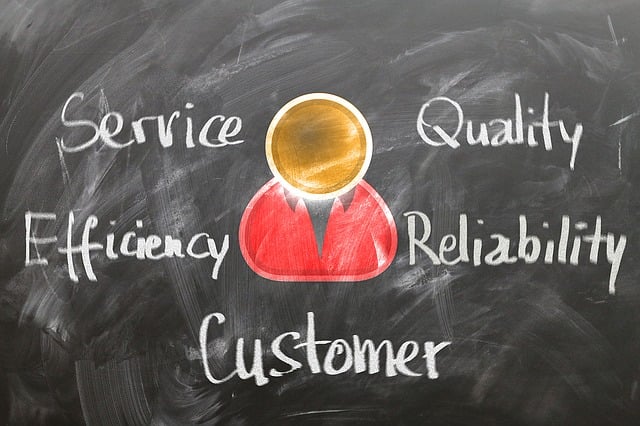
The translation of UK Quality Assurance (QA) documentation is a critical component in ensuring that organisations adhere to industry-specific standards. Translation services for UK QA documentation must not only convey the content accurately but also reflect the nuances and regulatory requirements inherent in the original text. These services play a pivotal role in facilitating international commerce, as well as in maintaining compliance across various sectors such as pharmaceuticals, healthcare, and manufacturing. To meet these demands, translation professionals are typically subject matter experts who understand both the source and target languages as well as the technical context of the QA documentation. This expertise ensures that translations maintain the integrity of the original content, adhere to regulatory standards, and align with industry best practices.
Furthermore, the role of translation services in complying with UK QA standards is not merely about linguistic precision but also encompasses cultural adaptation. The translated documents must be culturally appropriate and resonate with the target audience while maintaining the original meaning and intent. This is especially important when dealing with highly technical or sensitive information where mistranslations can lead to misinterpretation, legal complications, or even safety risks. By leveraging advanced translation technologies coupled with human expertise, these services provide organisations with a reliable means of navigating the complex landscape of international QA documentation requirements. This not only safeguards the integrity of the information being communicated but also supports the organisation’s compliance with UK standards in a global context.
Common Challenges in Translating QA Documents for the UK Market
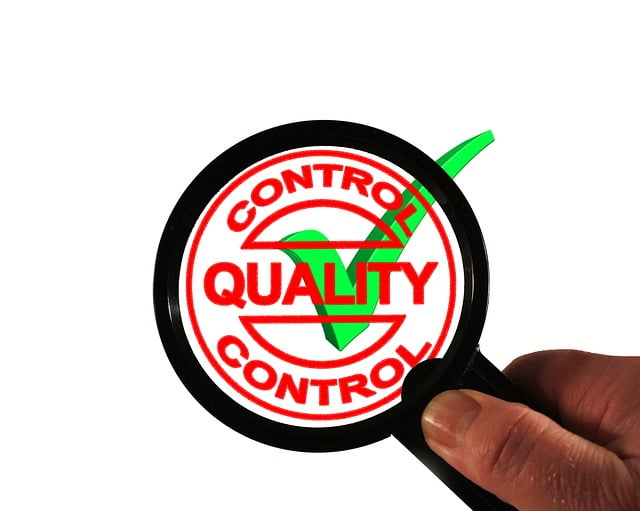
When translating UK Quality Assurance (QA) documentation, translation services face several challenges that are unique to the industry and the regulatory environment in the UK. One of the primary hurdles is navigating the complex array of standards and regulations that govern QA processes within the UK, such as ISO 9001 and GxP guidelines for pharmaceuticals, which include GLP, GMP, and CLP directives. These regulatory frameworks are intricate and require a deep understanding of both the source and target linguistic nuances to ensure compliance and accuracy in translation.
Another challenge is the need for translators to be not only linguistically proficient but also subject-matter experts (SMEs) in the relevant field. QA documentation often contains technical jargon, specialized terminology, and industry-specific acronyms that can be difficult to convey accurately across different languages. Additionally, the UK market is characterized by regional variations in language and dialect, which can affect how technical information is understood and interpreted. This necessitates a tailored approach to translation, where context is paramount and the translator’s grasp of both the technical content and the cultural nuances of the target audience is crucial. Furthermore, maintaining consistency in terminology across all documents is essential for the credibility and reliability of UK QA documentation in global markets. To address these challenges, professional translation services must employ expert linguists who are well-versed in the specific requirements of UK Quality Assurance and the technical domains they operate within. This ensures that the translated documents not only comply with industry standards but also effectively communicate the intended meaning to the end user.
Strategies for Effective Translation of QA Materials in the UK
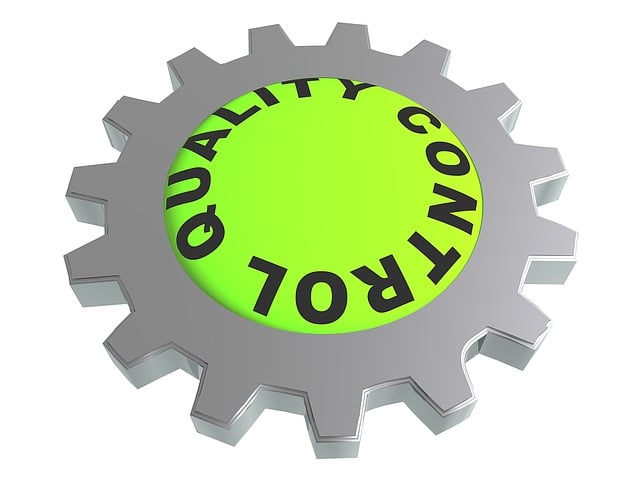
When navigating the intricacies of UK Quality Assurance (QA) documentation, it is paramount to employ robust translation strategies that align with industry-specific standards. Translation services for UK QA documentation must transcend mere linguistic accuracy; they must capture the nuances of technical terminology and regulatory compliance inherent within these materials. Effective communication of QA processes is critical for maintaining product integrity and ensuring safety across various sectors, including pharmaceuticals, medical devices, and aerospace. To achieve this, translators should be not only proficient in the target language but also well-versed in the specific jargon and standards unique to the relevant industry. They must work in concert with subject matter experts (SMEs) who can validate the content for technical accuracy and appropriate contextual application. Employing advanced translation technology, such as Computer-Assisted Translation (CAT) tools, alongside expert human oversight, ensures consistency, precision, and compliance with standards like ISO 17100 for translations specific to QA. This synergy of technology and expertise is instrumental in delivering high-quality, reliable, and industry-specific translations that meet the stringent demands of UK QA documentation.
Choosing the Right Translation Service Providers for UK QA Documentation

When engaging with translation services for UK Quality Assurance (QA) documentation, it is imperative to select providers with specialized expertise in the relevant industry. The precision and clarity of QA documents are critical, as they often serve as the foundation for compliance, safety, and performance standards. A translation service that specializes in UK QA documentation will have a deep understanding of the terminologies, regulations, and standards pertinent to your specific sector, whether it be pharmaceuticals, engineering, or technology. These providers are adept at navigating complex documents and ensuring that all technicalities, from statistical analysis to risk assessment methodologies, are accurately conveyed in the target language. Additionally, they should maintain up-to-date knowledge of regulatory frameworks such as the Medical Device Regulation (MDR) for medical devices or the Good Manufacturing Practice (GMP) guidelines for pharmaceuticals. By choosing a translation service that aligns with your industry’s standards and has a proven track record in UK QA documentation, you can be confident that your translated materials will facilitate effective communication across different linguistic barriers, thereby supporting your business objectives and ensuring the integrity of your processes.
The Impact of Cultural Nuances on QA Document Translations in the UK

When it comes to translation services for UK Quality Assurance (QA) documentation, cultural nuances play a pivotal role in ensuring accuracy and compliance with industry-specific standards. The intricate tapestry of regional dialects, historical contexts, and societal norms within the United Kingdom necessitates a nuanced approach to translation. QA documents often contain specialized terminology that can be misunderstood or misinterpreted if not accurately conveyed across different languages and cultural contexts. This is where expert UK QA translation services excel, employing translators who are not only proficient in language but also intimately familiar with the subtleties of cultural expressions and business etiquette. These professionals ensure that the meaning and intent of the original documents remain intact, facilitating clear communication and adherence to regulatory requirements. By meticulously addressing these nuances, UK QA documentation translations maintain their integrity and effectiveness across diverse audiences, thereby upholding the reputation and reliability of businesses in a global marketplace.
Ensuring Accuracy and Compliance in QA Document Translation with Certification Bodies

When it comes to UK Quality Assurance (QA) documentation, accuracy and compliance are paramount. Organisations operating within regulated industries must ensure that all translated materials meet stringent industry-specific standards. This is where specialist translation services for UK QA documentation become indispensable. These services are staffed by translators who not only possess a deep understanding of the target language but are also well-versed in the technical terminology and context-specific nuances relevant to the sector. To guarantee adherence to these standards, these translation services collaborate closely with certification bodies. These bodies play a crucial role in verifying that the translations adhere to the necessary regulatory frameworks, thereby ensuring that the translated documents maintain their integrity and reliability across different languages. This partnership between translation providers and certification bodies ensures a seamless and accurate translation process, providing confidence that all QA documentation complies with the required industry standards, facilitating smooth audits, and safeguarding against potential miscommunication that could arise from language barriers. By leveraging such specialized translation services, businesses can navigate the complexities of international regulations with greater ease and precision.
Case Studies: Successful UK QA Documentation Translations and Their Outcomes
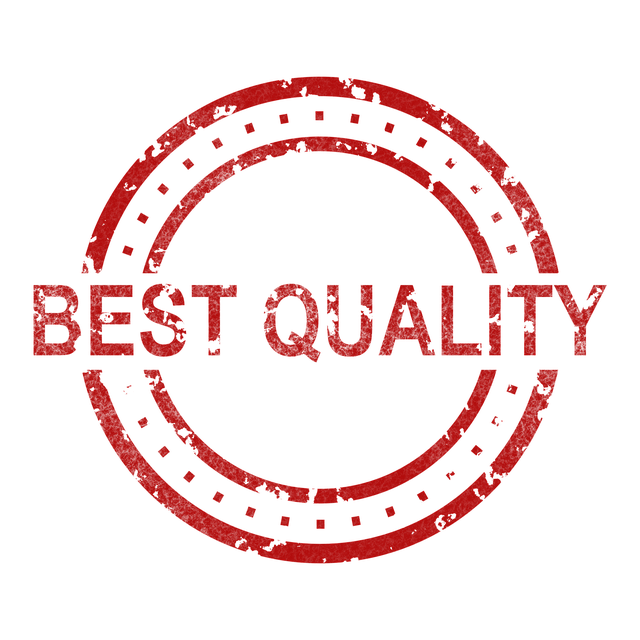
1. In the realm of UK Quality Assurance (QA) documentation translations, the interplay between linguistic precision and industry-specific compliance is paramount. A case in point is the successful translation of QA documents for a pharmaceutical company expanding into the UK market. The challenge was to convey complex scientific data with accuracy while adhering to stringent regulatory standards such as the Medicines and Healthcare products Regulatory Agency (MHRA) guidelines. By leveraging specialized translation services tailored for UK QA documentation, the company achieved a seamless transfer of information without compromising on quality or compliance. The outcome was not only the approval of their product by the MHRA but also the establishment of a reputation for reliability and adherence to UK standards within the industry.
2. Another instance where translation services for UK QA documentation proved invaluable was within the aerospace sector. A leading aviation manufacturer faced the task of localizing their maintenance procedures and technical manuals into English, ensuring they were fully aligned with British aeronautical regulations. The translated documents underwent rigorous quality assurance processes, including reviews by industry experts and comparisons against original texts to ensure complete accuracy. As a result, the manufacturer not only met but exceeded the expectations of both UK Civil Aviation Authority (CAA) standards and the end-users, who praised the clarity and precision of the translated materials. This success story underscores the importance of expertly handled QA documentation translations in maintaining operational safety and regulatory compliance across different industries.
In conclusion, navigating the nuances of UK Quality Assurance (QA) documentation translation requires a multifaceted approach that encompasses industry-specific standards and the careful consideration of cultural nuances. As outlined in this article, translation services for UK QA documentation are not just a matter of linguistic accuracy but also a commitment to adhering to stringent regulatory requirements. By leveraging specialized translation service providers who understand the intricacies of UK QA standards, organizations can ensure that their translated documents accurately convey the intended meaning and maintain compliance. The strategies discussed, from employing expert translators to collaborating with certification bodies, are critical in achieving this goal. The case studies presented demonstrate the successful outcomes that result from such meticulous approaches, highlighting the importance of selecting the right service providers for the task. It is clear that with the right expertise and dedication to quality, UK QA documentation translation can be not only compliant but also a reflection of the high standards expected within the industry.
